Bernard Baruch enrolled in the College of the City of New York in 1884 when he was only 14. He was a good, but unexceptional student, fifteenth in a class of fifty.
Then, as now, the college provided opportunity for underprivileged students. Baruch, whose father was still struggling to establish a medical practice, qualified for financial aid.
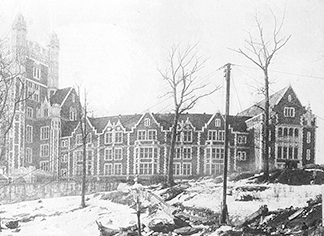
An athletic young man, Bernard lost the hearing in his left ear during a college baseball game, dashing his hopes to attend West Point and begin a military career, or to pursue a career in sports.
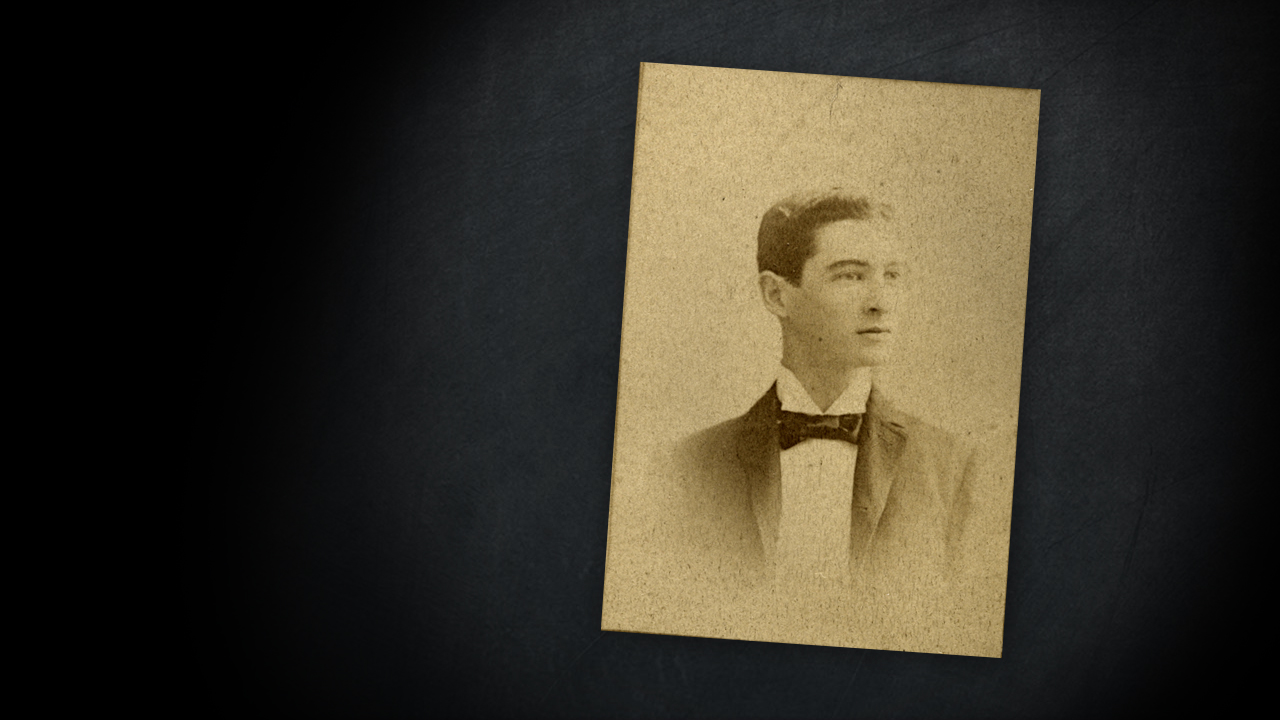
Bernard Baruch began boxing as a young teenager in New York City, and continued the sport through college and into his adult life. When he was in his eighties, he still practiced shadow-boxing before breakfast.
When I was about twenty-two I posed for a photograph showing me with a mustache and curly black, almost kinky hair, and with muscular arms folded across a bare chest. That photograph still stands on my living room table, and when I look at it I am reminded of how I had changed from the fat little boy who first came to New York.
Bernard Baruch, My Own Story
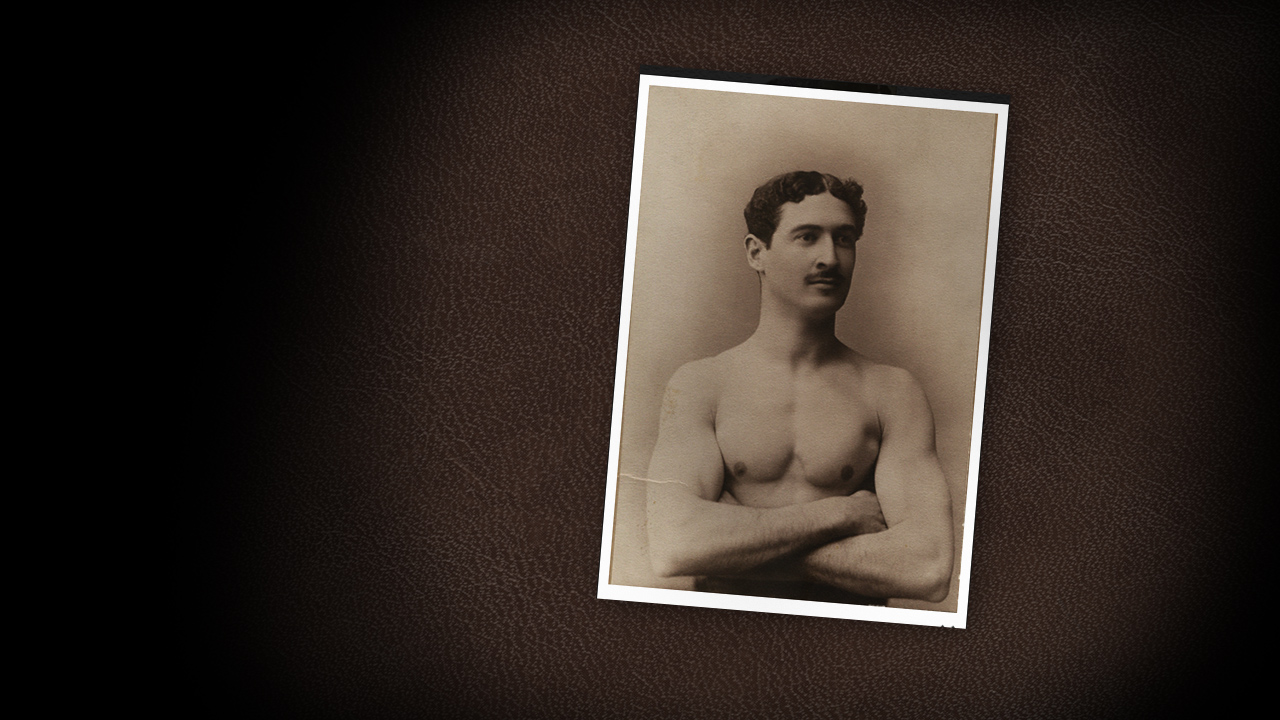
Of all his courses at the College of the City of New York, Baruch’s favorite was Political Economy, taught by Professor George B. Newcomb.
It was in his class that I first heard: "When prices go up two processes will set in - an increased production and a decreased consumption. The effect will be a gradual fall in prices. If prices fall too low two processes will set in - decreased production because a man will not continue to produce at a loss, and, second, increased consumption. These two forces will tend to establish the normal balance." Ten years later I became rich by remembering those words.
Bernard Baruch, My Own Story
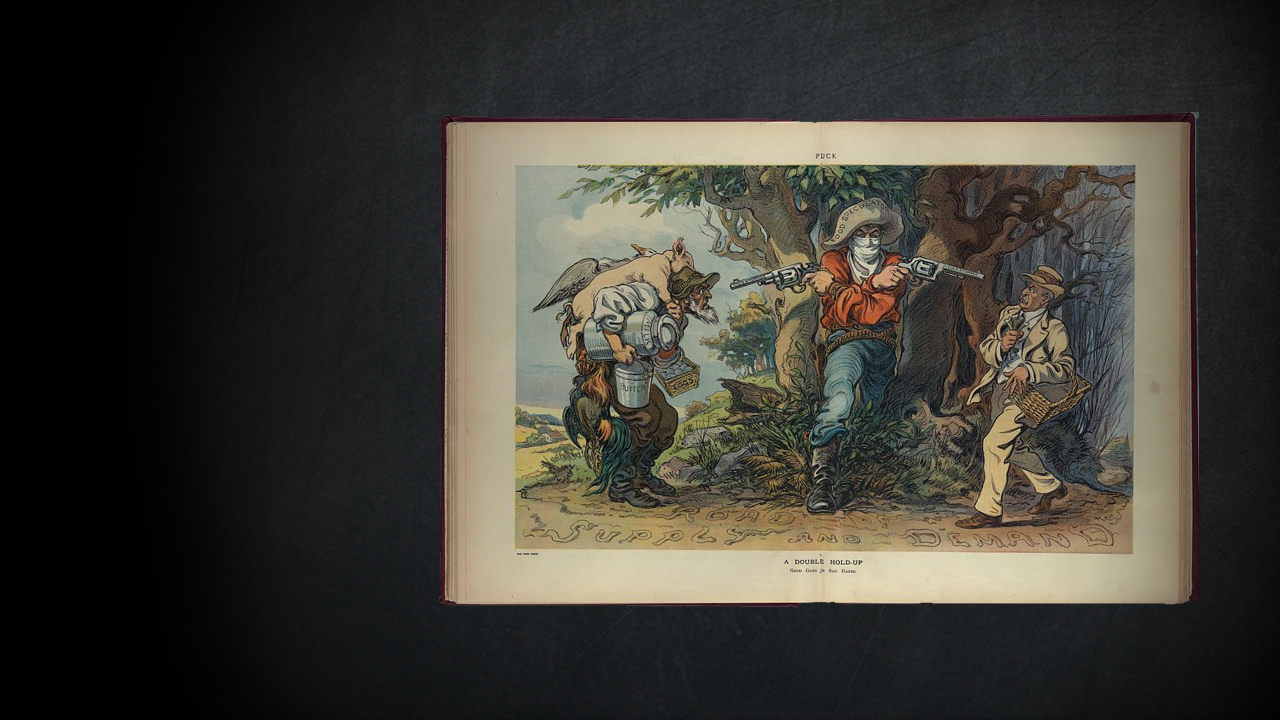
Baruch considered the education he received at the College of the City of New York to be integrated, or what we might today call holistic.
He objected to over-specialization and believed in education of the “whole man,” fearing that “information would become confused with education.”
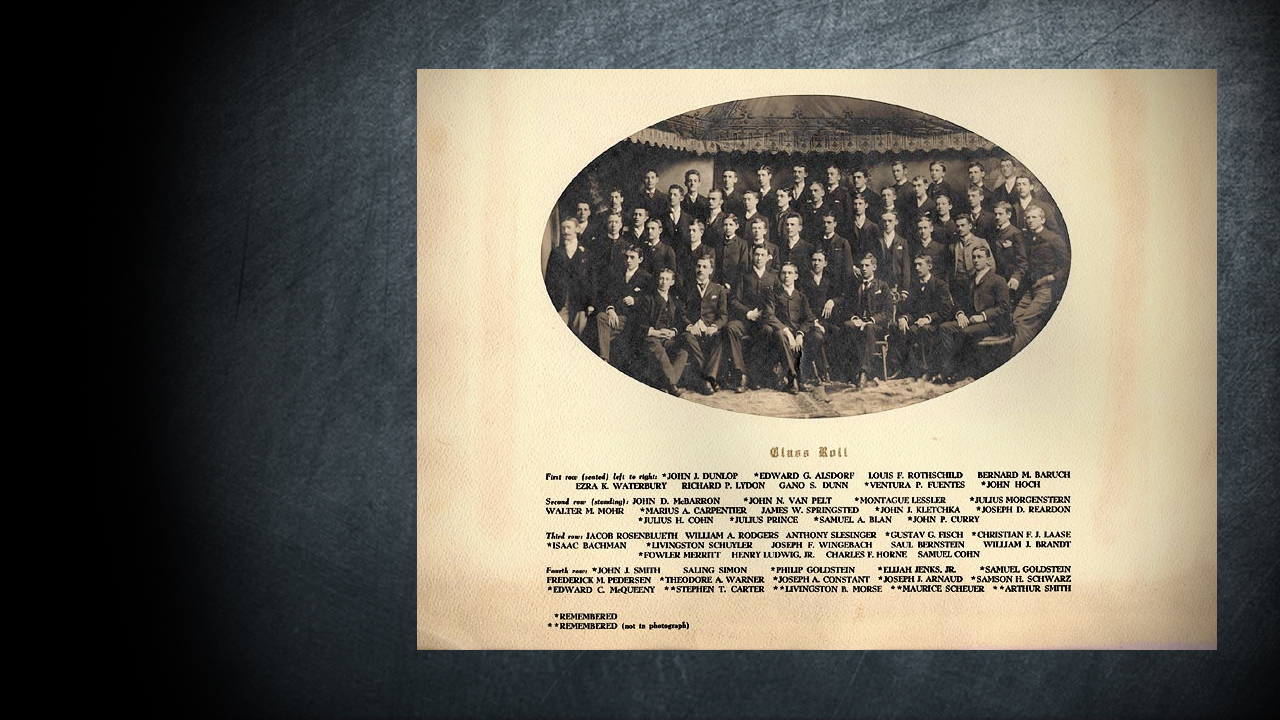
Throughout his life Baruch remained close to his alma mater and contributed substantial gifts to the college.
The School of Business and Civic Administration of the College of the City of New York was renamed the Bernard M. Baruch School of Business and Public Administration in 1953.
In 1968 the college was re-organized and re-named Bernard M. Baruch College. It became an independent unit of the City University of New York.
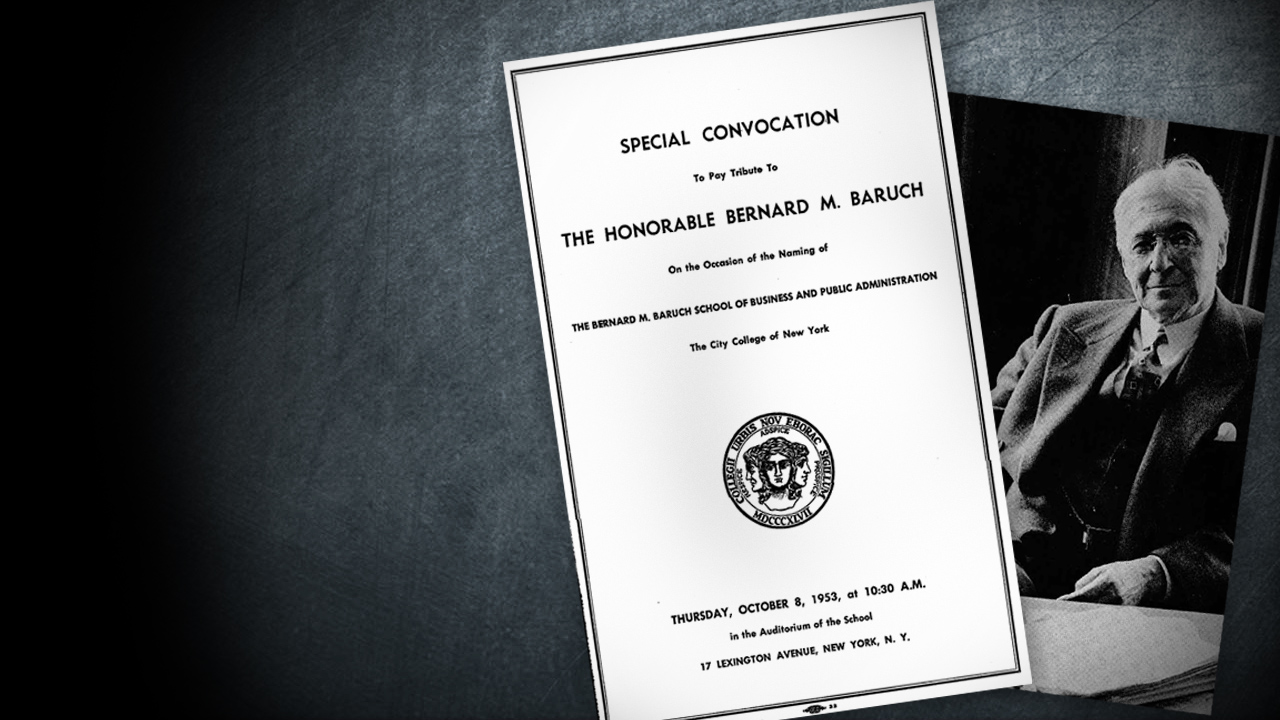
To return to the trail click NEXT STOP
To return the the Hobcaw House Den click
